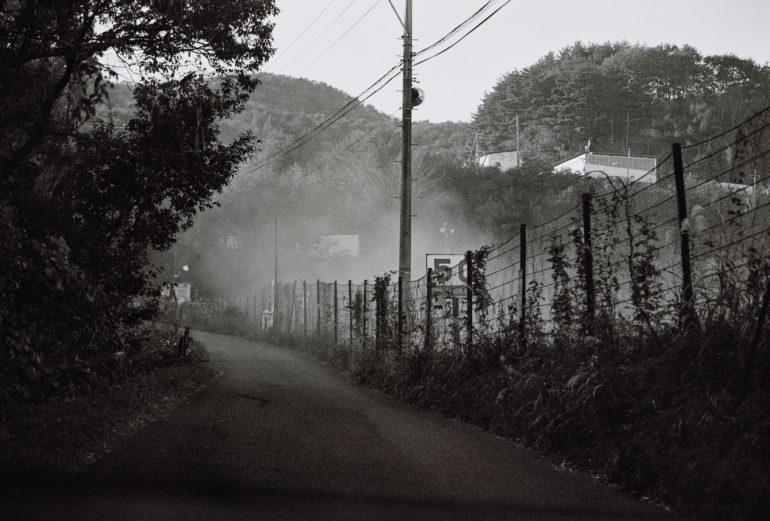A team of researchers affiliated with multiple institutions in Japan, and one in Norway has found evidence that suggests domesticated pig genes in pig-boar hybrids living in the Fukushima exclusion zone are diminishing. In their paper published in Proceedings of the Royal Society B, the group describes their genetic study of tissue samples taken from wild boar, pigs and hybrids in the exclusion zone.
Back in 2011, Japan experienced its largest earthquake ever—that quake and the tsunami that followed led to a disaster at the Fukushima nuclear power plant. The release of radiation from the plant forced people that lived and worked in the area to evacuate—officials soon declared the areas around the site an exclusion zone. In the absence of people, wild animals began to move into the area, including wild boars. Prior research has shown that as the wild boars moved in, some of them mated with abandoned domesticated pigs, producing hybrids. In this new effort, the researchers wondered if the addition of domesticated pig genes to the boar gene pool was having an impact on them.
To learn more, the researchers collected genetic material from 243 animals—some from within a 20-kilometer radius of the reactor, and some from within 40 kilometers. The team then conducted a mitochondrial analysis of the samples to identify the genes that each was carrying along maternal lines.
In looking at their data, the researchers found that 16% of the population they studied was made up of hybrids—and that 75% of those were found within the inner exclusion zone, suggesting that the hybrids had not traveled very far. They also found that along extended lines of ancestry, the pig genes in the wild boar did not persist for very long over several generations. Those boars with pig ancestry had just 8% of their genes. The researchers suggest that features of domesticated pigs have not served boars very well, and because of that, the hybrids have not survived or reproduced very well. They further suggest that it appears likely that the pig genes will continue to diminish.
Modern pigs found to have more wild boar genes than thought
More information:
Donovan Anderson et al, Introgression dynamics from invasive pigs into wild boar following the March 2011 natural and anthropogenic disasters at Fukushima, Proceedings of the Royal Society B: Biological Sciences (2021). DOI: 10.1098/rspb.2021.0874
2021 Science X Network
Citation:
Pig genes in pig-boar hybrids in Fukushima exclusion zone found to be diminishing (2021, July 2)
retrieved 2 July 2021
from https://phys.org/news/2021-07-pig-genes-pig-boar-hybrids-fukushima.html
This document is subject to copyright. Apart from any fair dealing for the purpose of private study or research, no
part may be reproduced without the written permission. The content is provided for information purposes only.



